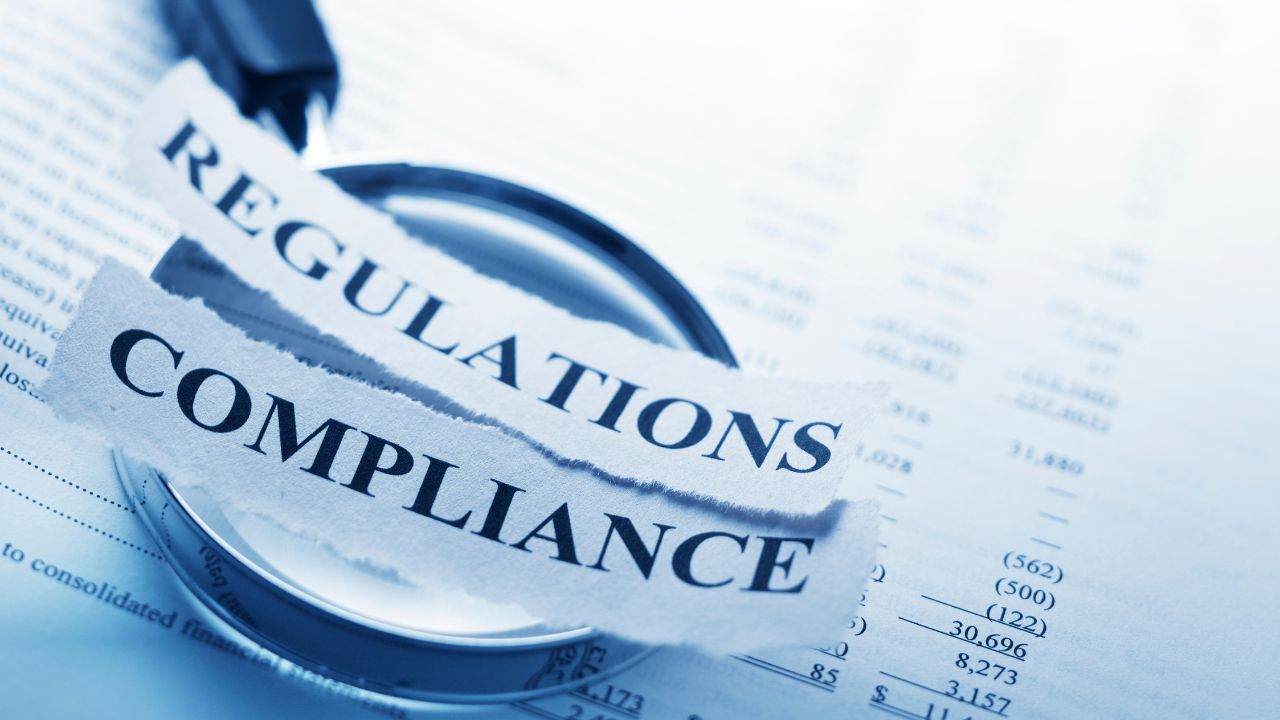Maintaining a company in good legal standing in Singapore requires diligent and timely adherence to a recurring cycle of administrative tasks overseen by the Accounting and Corporate Regulatory Authority (ACRA).
Understanding this annual compliance calendar is an important responsibility for directors of a company. Penalties for late filings are imposed automatically and without a grace period.
The annual compliance cycle for a Singapore company is a sequential process governed by its Financial Year End (FYE). It involves four primary tasks:
- Preparing financial statements
- Holding an Annual General Meeting (AGM)
- Filing the Annual Return (AR) with ACRA
- Fulfilling tax obligations with IRAS.
1) Preparing The Company’s Financial Statements
A director is responsible for ensuring the company keeps proper and accurate accounting records. Annually, they must:
Finalize The Financial Statements
Ensure that the company’s financial statements (including the balance sheet, profit and loss statement, and cash flow statement) are prepared in accordance with the Singapore Financial Reporting Standards (SFRS). These statements must be signed by a director to attest to their accuracy and compliance.
Audit (If Required)
While preparing financial statements is mandatory, a company may be exempt from a statutory audit if it qualifies as a “small company”. A private company meets this criteria if it satisfies at least two of the following three conditions for the two most recent consecutive financial years:
- Annual revenue of less than or equal to $10million
- Total assets of less than or equal to $10 million
- Fewer than 50 employees
If the company does not qualify for audit exemption, the director must ensure the financial statements are audited by a registered public accountant.
2) Holding an Annual General Meeting (AGM)
The AGM is a mandatory yearly meeting where shareholders review the company’s financial performance, approve key decisions, and elect directors. There is a strict timelines for holding this meeting.
- First AGM: A newly incorporated company must hold its first AGM within 18 months of its incorporation.
- Subsequent AGMs: Subsequent AGMs must be held annually, at intervals of no more than 15 months.
Deadline: Private (non-listed) companies must hold their AGM within six months of their Financial Year End (FYE), while public (listed) companies must do so within four months.
Dispensing With The AGM
- Private companies can be exempted from holding an AGM. This can be done by passing a unanimous shareholder resolution to dispense with the AGM.
- Even if no physical meeting is held, the directors must still prepare the financial statements and send them to all shareholders within five months of the company’s FYE.
- It is also important to note that any single shareholder can override this dispensation by notifying the company and requesting that an AGM be held.
3) Filling The Company’s Annual Return (AR) With ACRA
Following the AGM, the company must file its Annual Return (AR) with ACRA. The AR is not a tax return; it is an electronic submission that serves as a yearly update to the public corporate register, ensuring the information held by ACRA is current and accurate.
This filing must be made electronically via the BizFile portal.
Deadline: For a private company, the AR must be filed with ACRA within seven months of its FYE; and five months for public companies
This deadline is directly linked to the six-month deadline for holding the AGM, giving companies one month after the AGM to complete the filing.
4) File Annual Tax Returns With IRAS
All Singapore companies are required to file annual tax returns with IRAS. This process involves two main filings.
Estimated Chargeable Income (ECI)
This is an estimate of the company’s taxable income for the latest financial year. It must be filed within three months of the company’s FYE. A company can qualify for a waiver from ECI filing if its annual revenue is S$5 million or below AND its ECI is nil for the year of assessment.
Filing the ECI early offers a key advantage: it allows the company to pay its tax in installments.
Corporate Income Tax Return (Form C-S/C)
This is the final tax return that must be filed by 30 November each year, regardless of the company’s FYE. Companies with annual revenue of S$5 million or less are eligible to file the simplified Form C-S.
The director is responsible for ensuring the tax computation is accurate and all supporting schedules are prepared and retained for a minimum of 5 years.
The Annual Compliance Timeline
The following table consolidates the key deadlines for a typical private company with a financial year ending on 31 December.
| Compliance Task | Regulatory Body | Standard Deadline (for Private Companies) | Filing Platform |
| Prepare Financial Statements | N/A | Before AGM/AR | N/A |
| File Estimated Chargeable Income (ECI) | IRAS | Within 3 months of FYE (e.g., by 31 Mar) | IRAS Tax Portal |
| Hold Annual General Meeting (AGM) | ACRA | Within 6 months of FYE (e.g., by 30 Jun) | N/A |
| File Annual Return (AR) | ACRA | Within 7 months of FYE (e.g., by 31 Jul) | BizFile |
| File Corporate Tax Return (Form C-S/C) | IRAS | By 30 Nov every year | IRAS Tax Portal |







